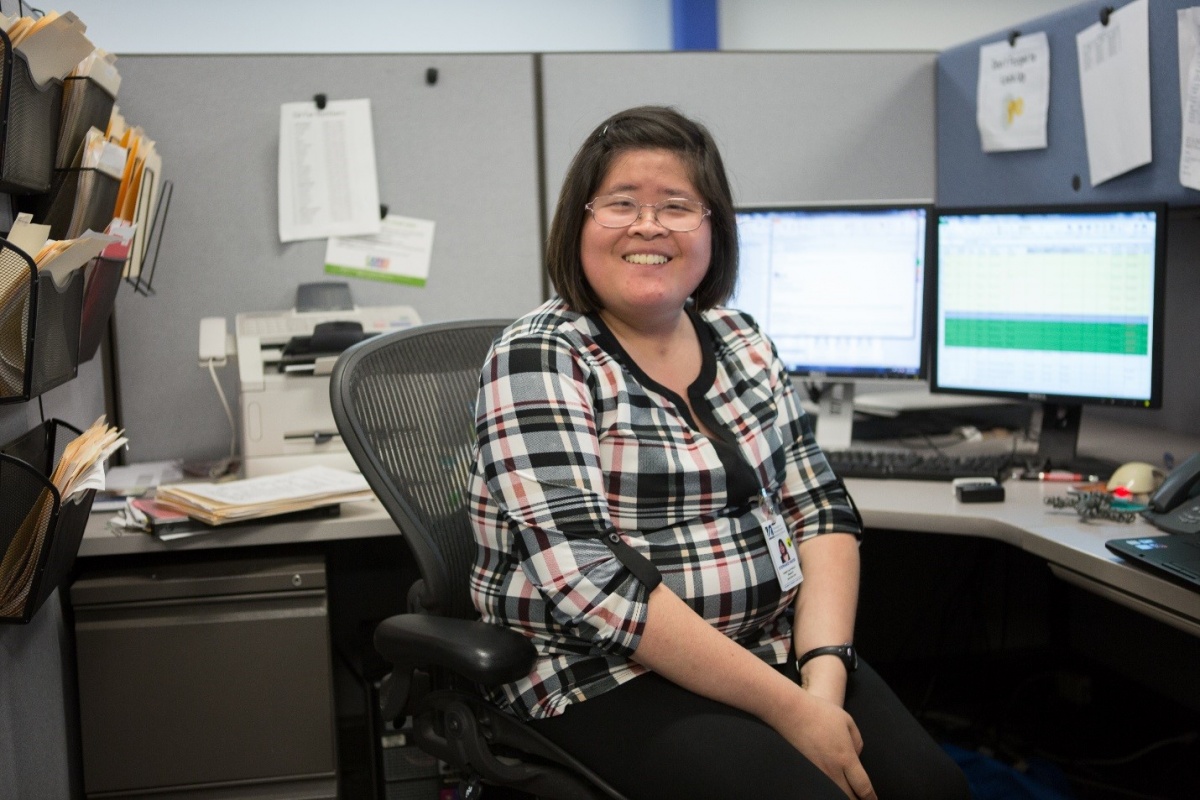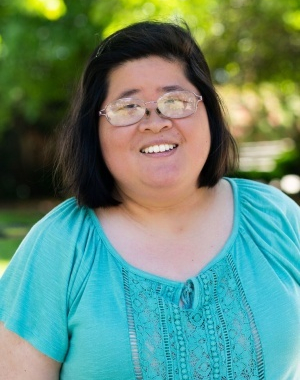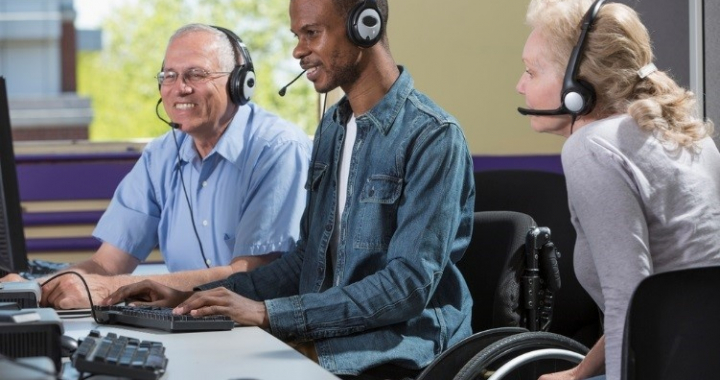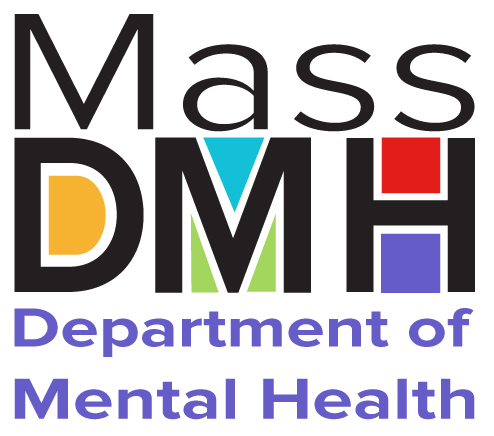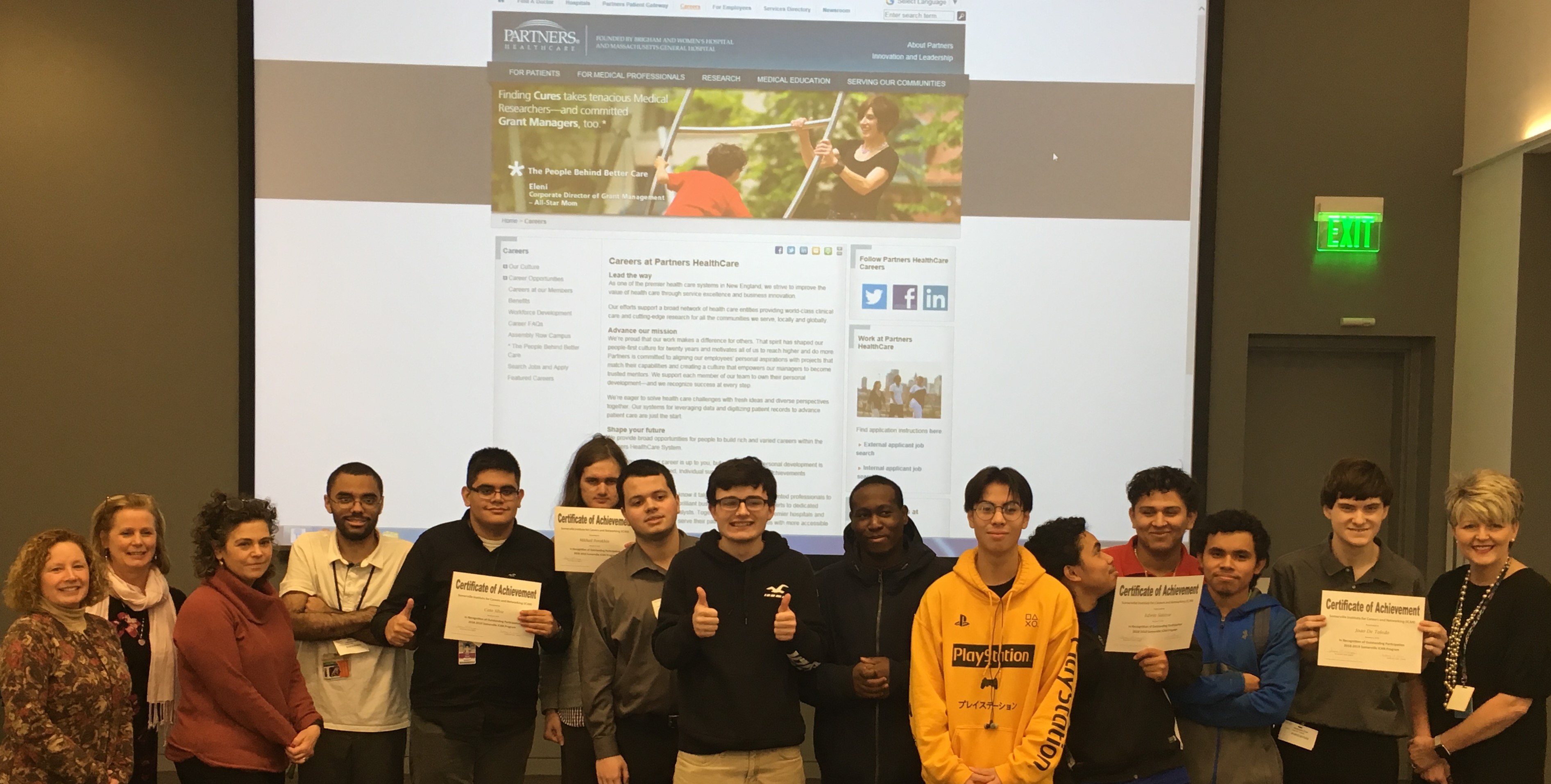Article originally posted by John Hancock
John Hancock participated in the 3rd Annual Disability Mentoring Day (DMD) on April 27, hosting students and job seekers with disabilities for hands-on career exploration and mentoring opportunities.
DMD is a large-scale national effort sponsored by the American Association of People with Disabilities (AAPD) to promote career development for young professionals with disabilities. For the third year, Work Without Limits (WWL), an initiative out of the University of Massachusetts Medical School, is partnering with AAPD to bring DMD to Massachusetts.
“Disability Mentoring Day provides a great opportunity for John Hancock to gain expose to a pipeline of talent,” says Sofia Teixeira, head of diversity and inclusion for John Hancock. “This is a great way for our employees to connect with talent in a new and different way. Through job shadowing, we can build awareness of our brand and of the opportunities for employment here. This is beyond volunteering –is it truly a way for us to build inclusion in our workplace.”
The experience is mutually beneficial for both mentors and mentees, leading to personal growth, career development and the chance to learn from someone they may not have crossed paths with in their daily lives. But don’t take our word for it –let’s hear from them about their DMD experience!

Mentor: Ruta Assefa
Mentee: Brien Marsh
Why did you sign up to participate in DMD and what did you gain from your experience?
Ruta: I was a mentee in the program three years ago and now I am working at John Hancock, so I participated as a mentor this year to help give someone else the same opportunity I received. I am hoping that by sharing my skillset and experience with Brien, it will help him succeed in his career.
Mentee: I wanted to try something new and expand my horizons.
What was your favorite part of the day?
Ruta: Brien has been very engaged throughout the day, asking a lot of questions about my job and what I do. It’s really great to see him so excited to learn.
Brien: Ruta is a great mentor, so my favorite part of today is learning all I can from her.

Mentor: Eileen Labella
Mentee: Will Stenzel
Why did you sign up to participate in DMD and what did you gain from your experience?
Eileen: I really enjoy volunteering and helping others, so this seemed like a great opportunity to not only do that, but also share my professional skills with someone just starting out in their career.
Will: I thought that DMD would be a unique chance for me to learn about the corporate environment and culture –and it has been!
What was your favorite part of the day?
Eileen: Meeting all the mentees and mentors from other areas of John Hancock and learning about their interests both professionally and personally.
Will: At lunch we got to meet not only other DMD participants, but also other people from John Hancock who provided us with some tips and advice when it comes to resume building and interviewing. It was great to network and meet people from across the company.

Mentor: Maria Paula Martinez
Mentee: Mario Marquez
Why did you sign up to participate in DMD and what did you gain from your experience?
Maria: I really enjoy volunteering and helping others, so this seemed like a great opportunity to not only do that, but also share my professional skills with someone just starting out in their career.
Mario: I thought that DMD would be a unique chance for me to learn about the corporate environment and culture –and it has been!

Mentors: Emily Kim Ae Sun Hunter, Ben Khemmich, Terry Reagan
Mentee: Selamani Ngaruko
Why did you sign up to participate in DMD and what did you gain from your experience?
Ben: This was truly an opportunity to be supportive and engage members of the community to help with inclusion, diversity, and employment equality.
Terry: My favorite part was seeing the excitement in Selamani’s eyes at being given an opportunity to see what we at John Hancock do to delight our customers. It wasan honor meeting Selamani! I hope he keeps in touch, as I sent him an invite on LinkedIn. Also, he is a brilliant young man who will likely never stop learning and helping others. I told him to always remain unflinchingly committed to following his dreams and aspirations, and to always bring his true self to wherever he goes.
Selamani: I now have a much better appreciation for the call center because of my exposure to what goes on behind the scenes. It was eye-opening to the entire customer experience, and the employees’ knowledge humbled me. Also seeing how representatives navigate their systems while interacting with the callers was simply amazing.
What was your favorite part of the day?
Emily: My favorite part was lunch time. Not just because my stomach was growling and I really wanted a sandwich, but because Selamani had grown comfortable with me and we were able to talk about his love of soccer, his experience having been born in West Africa and his thoughts on the peace treaty between South and North Korea. We dined with some other managers from Life and Long- Term Care so that Selamani could network and hear their experiences. The day was a success and I was honored to host Selamani.
Ben: My favorite part of the day was meeting and getting to know Selamani! He is absolutely delightful and a pleasure to talk to! Terry: My takeaway from the experience is twofold. One, plans don’t always go as planned, so you have to be flexible and go with the best plan. Two, there is tremendous joy in volunteering, and I always get back lightyears more than I give.
Selamani: Other than hanging out with my mentors, I enjoyed seeing Pindrop in action, and how involved the Call Center is when it comes to protecting customer information. I also loved attending the live training session and seeing the new employees doing a live mock call.
